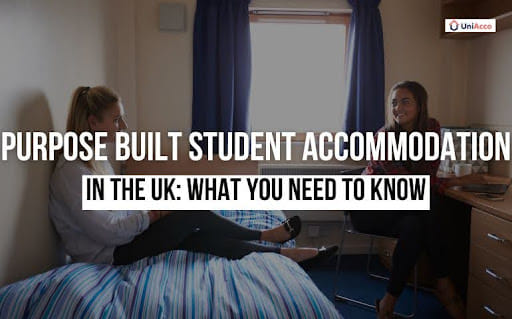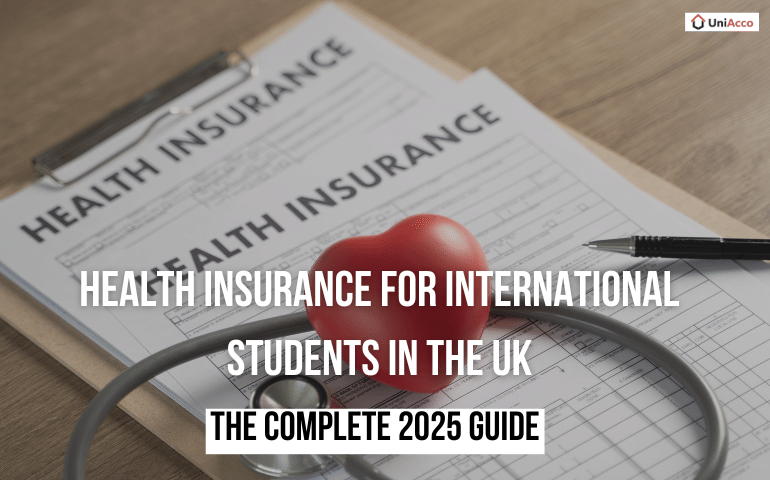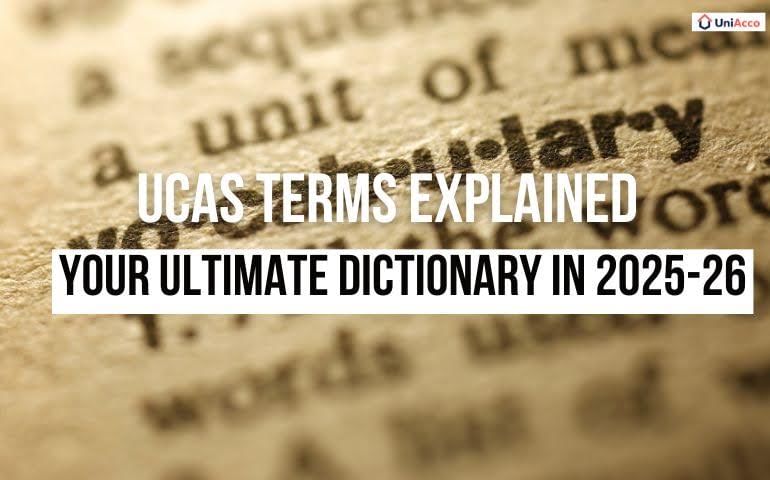You may be eligible for additional support and money on top of your Student loan if your ability to study is impacted by a disability, learning difficulty, or health issue (physical or mental). When making a Disabled Students’ Allowance (DSA) application, it may seem like there are too many considerations to make and obstacles to overcome before you can secure the funding you need. However, when you know what to anticipate, the procedure is actually quite simple.
To help you feel considerably less intimidated, we are here to provide you with all the information you require. This guide will be useful whether you’ve already started college or want to apply for a DSA allowance as a newbie.
What Is DSA Allowance (Disabled Student Allowance)?
Disabled Student Allowance is a fund to assist higher education students who are disabled or have specific learning needs and may incur additional fees as a result of their impairment. To help you pay for any equipment or services you need as a disabled student, DSA offers additional money that could total up to £10,000 per year on top of your student loan. Unless you receive an excessive amount of DSA or leave your course early, you are not required to pay it back.
If you have queries regarding this, you can consult your finance provider.
The overall amount is independent of your family’s income and is determined by how much you’ll need for specialized equipment, non-medical assistance, and additional costs associated with your impairment. A DSA allowance may significantly ease the day-to-day student life as it is customized to your needs. This is particularly in the case of attending classes, taking notes, revising, and travelling for placements. DSA, however, only pays for expenses that are directly related to the aspects of your impairment that have an impact on your learning ability.
What Is A DSA Assessment?
In order to figure out what tools and resources you require for your course, Student Finance England (SFE) may request that you arrange a study needs assessment if you are eligible for Disabled Student Allowance. This is known as a needs assessment. Until Student Finance England asks it, do not make a reservation. This is a casual meeting with a trained needs assessor to talk about the tools and services that will help you benefit the most from your course. After you contact the assessment centre:
- Your reservation will be confirmed within one working day.
- Your appointment should take place within 15 business days.online pharmacy buy bull 100 no prescription with best prices today in the USA
- Within 10 working days, Student Finance England should receive the final report.
A DSA assessment of needs is distinct from a diagnostic assessment, which is used as evidence of dyslexia. A needs assessment is required regardless of whether you’ve already undergone a diagnostic assessment. Following the DSA assessment, you’ll receive a report detailing the resources you can use for your course, including equipment. Equipment purchases made prior to being assessed will not be reimbursed.

What Are DSA Benefits?
Students who have a disability, chronic illness, or other handicaps that interfere with their capacity to study, are eligible for the non-repayable DSA Allowance. This might be the case, for:
- Dyslexia i.e. a learning disability
- Anxiety or depression i.e. a mental health condition
- Physical Disability i.e. if you need to use a wheelchair
- A sensory disability i.e if you have a visual or hearing impairment
- A long-term health condition i.e. cancer or chronic heart disease
DSA is intended to assist in your academic achievement. Payments are not made directly, but rather to the organization that is delivering the required service or commodity. DSA may be paid in a variety of ways, it will either be reimbursed to you or paid directly to the provider of the services or types of equipment.
The course you are taking and your individual needs determine your eligibility and allowances. If you qualify for DSA benefits, you won’t have to repay it and it won’t affect your other benefits. As part of your DSA, you can also be eligible for a travel allowance. This can pay for the additional transportation expenses you incur as a student with a disability, such as airfares for study abroad and work-study excursions.
Conclusion
The prospect of completing yet another form is hardly ideal after the pleasures of applying for student finance. But with this guide, applying for a DSA allowance will seem like a breeze. We really hope that the Disabled Student Allowance application process will go smoothly for you. You can also read our other blogs that might help you:















0 Comments